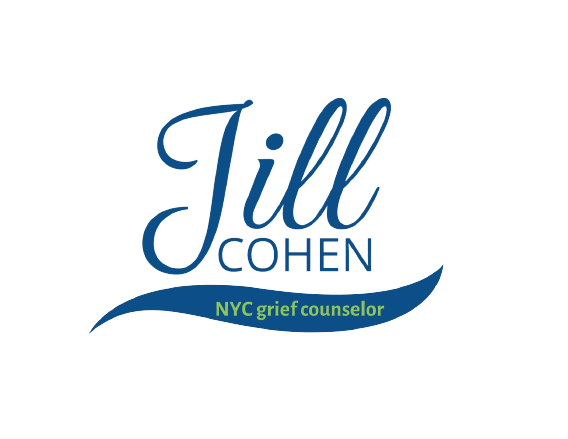Grief For Widows And Widowers Can Prove Harder After First Year
5 Minute Read
Expect the Unexpected
In my grief counseling practice, I often have new clients coming in to see me a year or more after their loved one has died. Naturally, they thought that if they could make it through the first year, they’d be okay.
But, no. Grief changes in the second year, and for some, this grief is harder to navigate alone.
First Year
Year one is full of shock, denial, trying to adjust to a “new normal,” living without their loved one, taking care of paperwork tasks, and maybe even curtailing social activities.
Sadness, Maybe anger. Maybe guilt. Maybe relief. Maybe any and all emotions that come along.
Second Year
Year two kicks in with some of these thoughts:
Wow, this is my new reality and I don’t like it very much.
My loved one is not coming back. I’m lonely.
My friends and family have continued with their life and I am still stuck in mine.
I feel like the third wheel in relationships with others.
It’s hard for me to handle my chores as well as the ones my loved one took care of.
I am so envious when I see happy couples.
I am not sure how long my finances will last and I don’t have the energy to look for more work.
I think my kids are suffering and I don’t know how to help them.
Should I now make the big changes that I was told to put off in the first year, such as moving, getting a new job, going back to school?
Is dating ok now?
Will my life ever get better than this?
Grief can be grueling and tough in the second year for sure. This is when it’s critical to find an expert to help to you figure out the answers to these questions and sort out these feelings.
More Changes to Expect
In the first year grievers may have been protected from some of the realities. They may have gotten a “pass” from things that are hard, like hosting family events, taking the family on vacation, exercising when not in the mood, buying prepared foods or take-out instead of cooking.
But after the first year is over, the people expect them to bounce back, act normal, look good, resume life as usual.
If grievers can’t meet those expectations, they feel like they are failing in their grieving. You get the picture; it all comes spiraling down.
Read More In the New York Times why For Many Widows Meal Time is the Hardest Part.
And Here Come the Secondary Losses.
These “secondary losses” are the ones we didn’t see coming at the beginning. It’s the reality of the consequences of the fact that nothing will ever be the same again.
Loss of Financial Security
One secondary loss is financial security. Finances may change. You may have tapped into your savings in year one, but are advised that you can’t continue to do that indefinitely. Yet, you have to keep yourself afloat, and perhaps your family too.
Loss of Identity
Another secondary loss is that of your identity. After the foggy first year of grief, you may wonder who you are.
Now, who are you?
Paperwork requires you to respond to that question. Mrs., Ms., Single, widowed, etc. Now is the time in which you can choose an identity for yourself.
If your friends or family have never experienced a loss, they probably cannot understand how you can continue to grieve, as time goes on. Cut them a little slack.
They probably don’t know what to say or do, with respect to your grief. They may even feel guilty for still having a partnered relationship while you no longer have one.
Loss of Confidence
Sometimes, a secondary loss is the loss of confidence. Without your partner and confidante, you may wonder if you are doing things right, parenting well enough, handling finances profitable, and taking care of things well enough. You don’t have to live with tunnel vision. You may have to learn to speak up and ask for help or find useful resources.
Loss of your hopes and dreams
This is a huge one. Your plans for the future are dashed. The vision of yourself vacationing with your spouse all over the world isn’t a reality anymore.
Raising your children together isn’t happening anymore. Sharing activities with your spouse or just having the comfort of the companionship with him/her is gone.
You are now looking at the present, which is life without your loved one in it.
There are several other secondary losses you may be having – loss of daily routine, family structure, health, energy (grieving is tiring), memories, traditions, faith.
Each loss needs its own time to work through. It’s important to acknowledge them.
Your grief can’t stay silent. Talk about your feelings of loss with people, write in a journal, talk to a grief counselor, join a bereavement group, meditate on these feelings.
Do whatever it takes. Cry, and cry again. Crying is not a weakness. It’s a manifestation of grief and loss.
Accept the fact that it is hard to be a widow or widower, in year one and beyond. It all adds up to a big life change. This is the “new normal” for anyone who experiences the death of a spouse or partner, but there are ways to work through it. And you will survive, and hopefully, even THRIVE.
For more information about how grief counseling can benefit you, please download your free guide HERE and see how grief counseling can benefit you!



